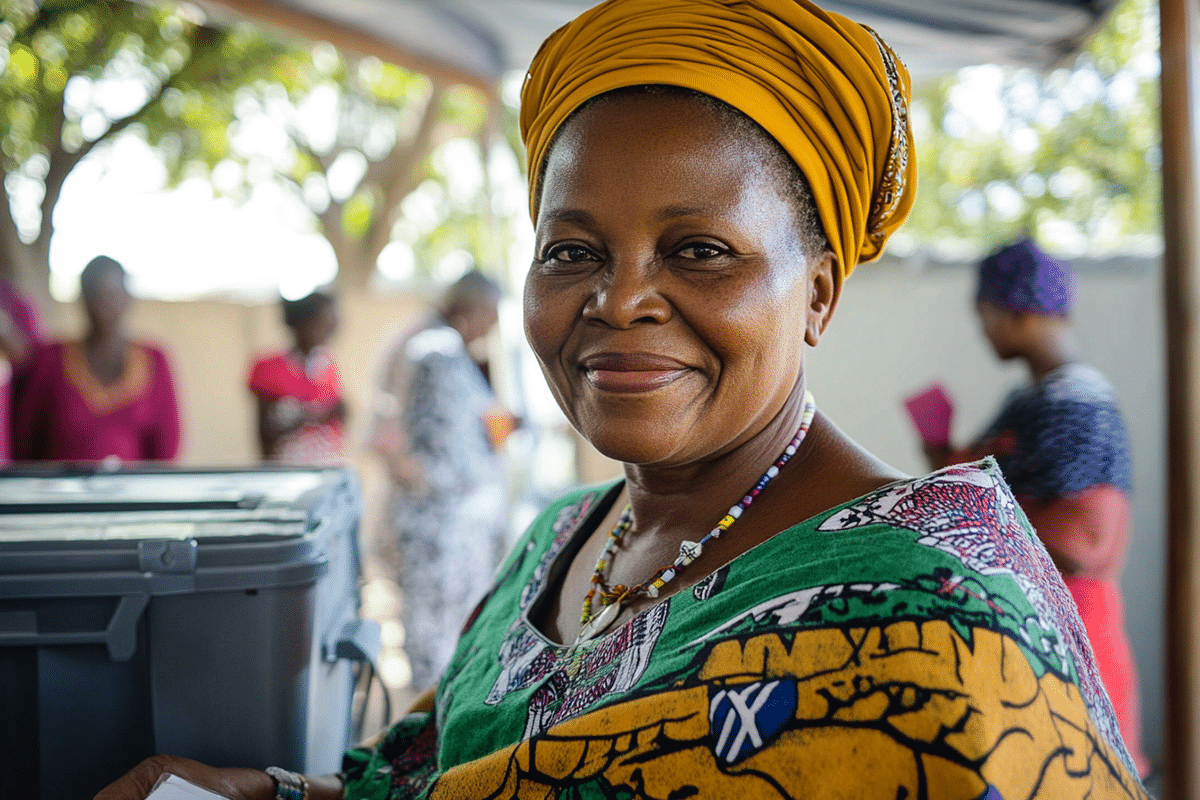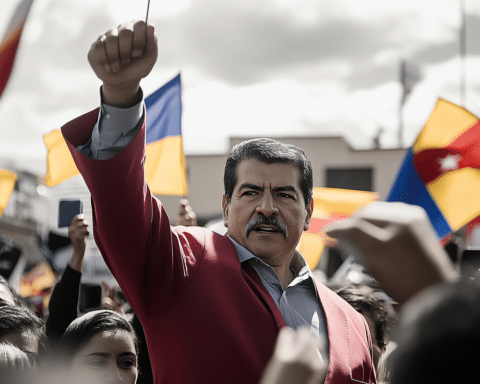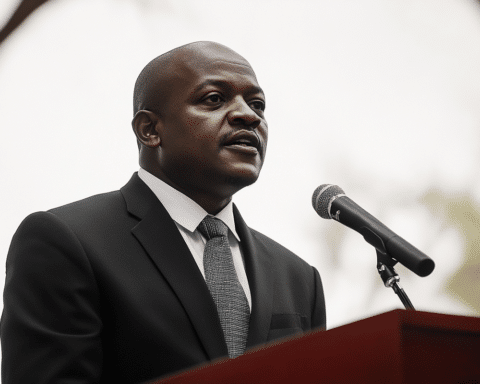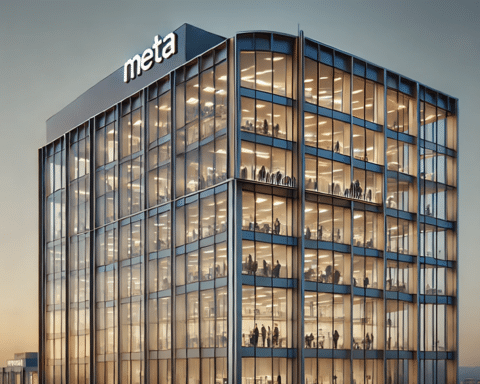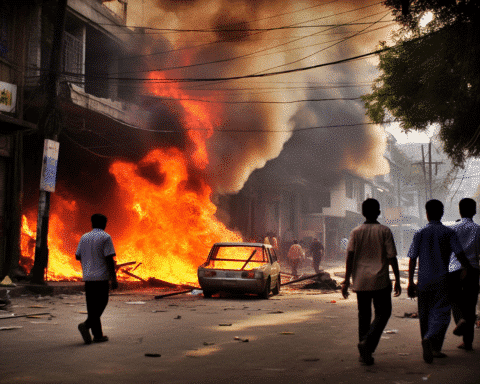The 2024 elections across Southern Africa have revealed a significant shift in the political landscape, with long-standing liberation parties facing mounting challenges. While democracy remains relatively stable in the region, the results have underscored a generational change and growing dissatisfaction with the economic realities facing younger voters.
Historically, the southern region of Africa has been seen as one of the more stable areas on the continent, with democratic processes generally enduring despite wider political upheaval across Africa. However, the 2024 elections marked a turning point for several long-governing liberation parties, many of which have ruled for decades under the banner of liberating their nations from colonial rule. These parties are increasingly struggling to maintain their hold on power as youth unemployment rises and economic growth stagnates, particularly in countries that have relied heavily on resource extraction, such as Botswana.
The most significant shock came from Botswana, a small but stable democracy with a history of peaceful transitions. After nearly 58 years in power, the Botswana Democratic Party (BDP) lost to opposition forces in late October, following a sharp downturn in the global demand for mined diamonds, which had previously been a major economic driver. Youth unemployment, a growing concern, further fueled the opposition’s campaign, culminating in a landslide victory. Opposition supporters flooded the streets in celebration as President Mokgweetsi Masisi conceded defeat even before the final votes were counted, signaling a significant shift in the country’s political dynamics.
In South Africa, the African National Congress (ANC), historically known for its leadership in the anti-apartheid movement with figures such as Nelson Mandela, also faced a significant setback. In May, the ANC lost its majority for the first time since the end of apartheid three decades ago. The party, once a symbol of liberation, has seen its support erode over the years, driven by widespread dissatisfaction with corruption, poor service delivery, and a struggling economy. The 2024 election saw the ANC’s share of the vote plummet from 57.5% in 2019 to just 40%, forcing the party into a power-sharing agreement with opposition groups for the first time in South Africa’s modern history.
Namibia, too, experienced signs of political change, though its ruling party, the South West Africa People’s Organization (SWAPO), managed to retain power. The 2024 elections saw 72-year-old Netumbo Nandi-Ndaitwah make history as Namibia’s first female president, but SWAPO’s narrow victory—holding just 51 parliamentary seats, barely surpassing the 49 needed for a majority—marked the party’s worst electoral performance since the country’s independence from South Africa’s apartheid regime in 1990. This close result suggests a possible shift in Namibia’s political future, as the younger generation begins to demand more from their government.
The trend of declining support for liberation struggle-era parties was not confined to Southern Africa. In Mozambique, the ruling Frelimo party extended its nearly half-century hold on power, but not without consequence. Protests erupted following the October election, with at least 100 people killed in the unrest. Opposition leader Venancio Mondlane, capitalizing on rising youth discontent, challenged the election results in court, continuing to lead calls for protests across the country.
Similarly, in Comoros, violent protests broke out in January after incumbent President Azali Assoumani secured a fourth term. The unrest led to one death and numerous injuries, underscoring the growing frustrations with long-standing political leadership in the region.
The 2024 elections are a clear indication of a broader political shift in Southern Africa, where democratic processes remain largely intact but are increasingly being tested by a young population that is dissatisfied with the status quo. Across the region, there is growing pressure for more responsive and accountable government, as citizens demand better economic opportunities, improved services, and greater political representation.
In Mauritius, one of Africa’s most stable democracies, a coalition of opposition parties ousted the government led by Pravind Jugnauth. The result was a complete victory for the opposition, marking the end of Jugnauth’s tenure and the return of former Prime Minister Navin Ramgoolam to power.
Elsewhere on the continent, Senegal elected Bassirou Diomaye Faye, who, at 44, became the youngest leader in West Africa, defeating an array of rivals in a country where more than 60% of the population is under the age of 25. In Ghana, former President John Dramani Mahama returned to office after voters turned against the outgoing administration of Nana Akufo-Addo, pushing Mahama’s National Democratic Congress to a parliamentary majority.
As Southern Africa grapples with these shifts, the 2024 elections signal a new political era across the continent, with younger voters at the forefront of driving change. The liberation struggle-era parties that once commanded unquestioned loyalty are being forced to adapt or risk becoming relics of the past.

